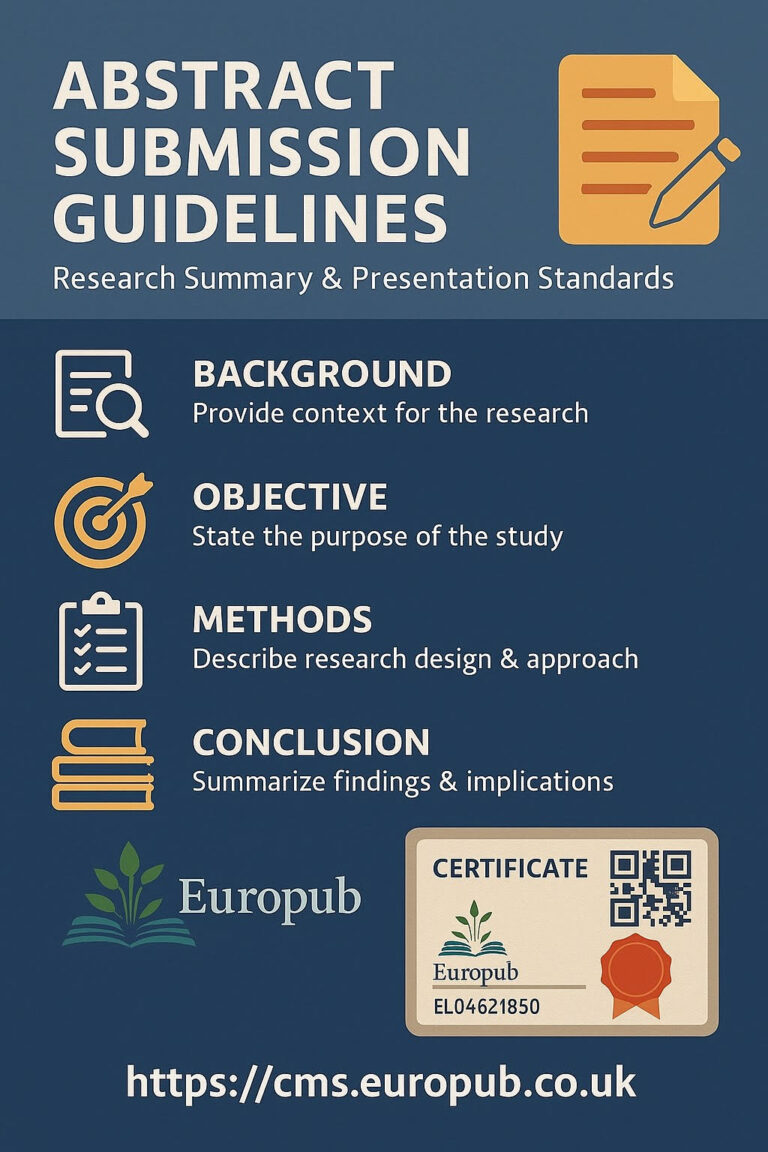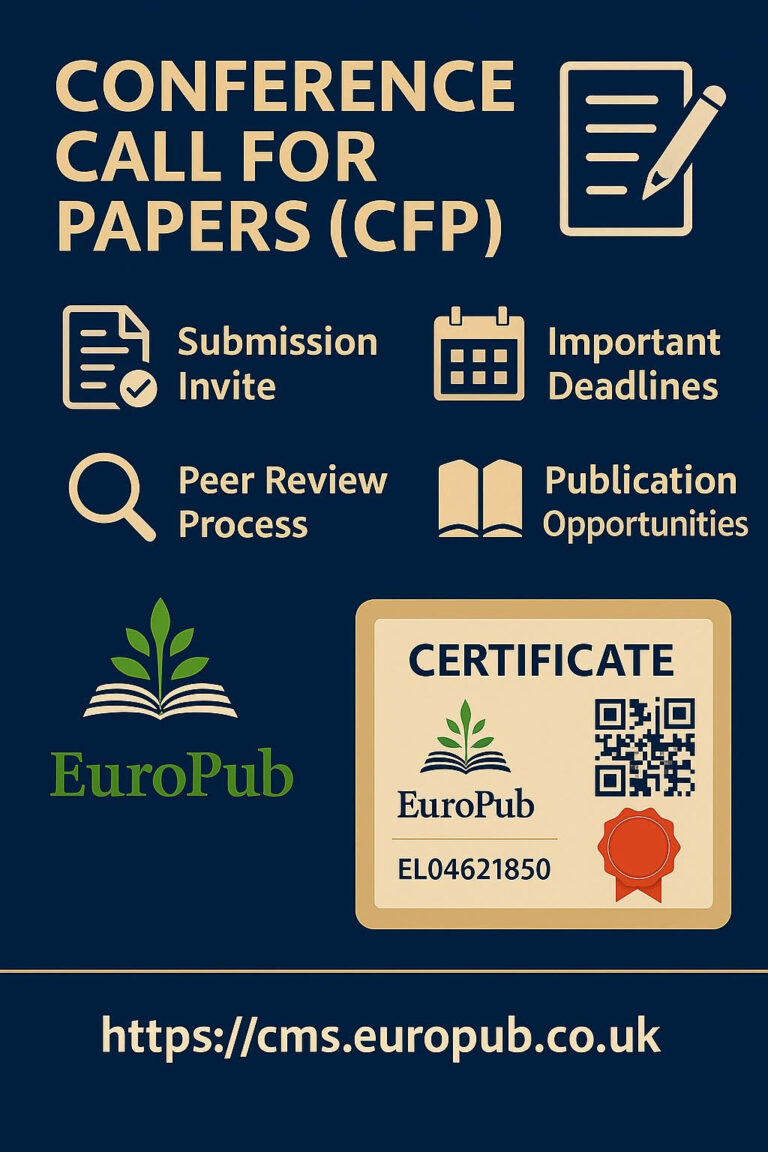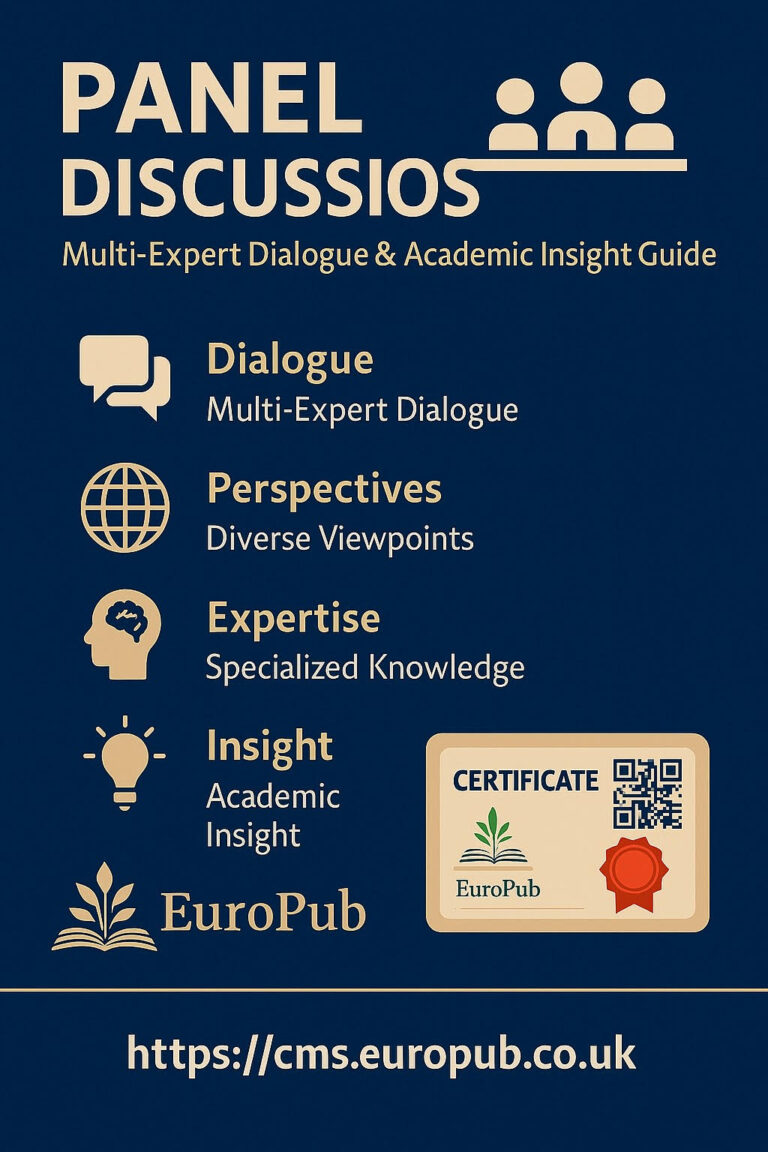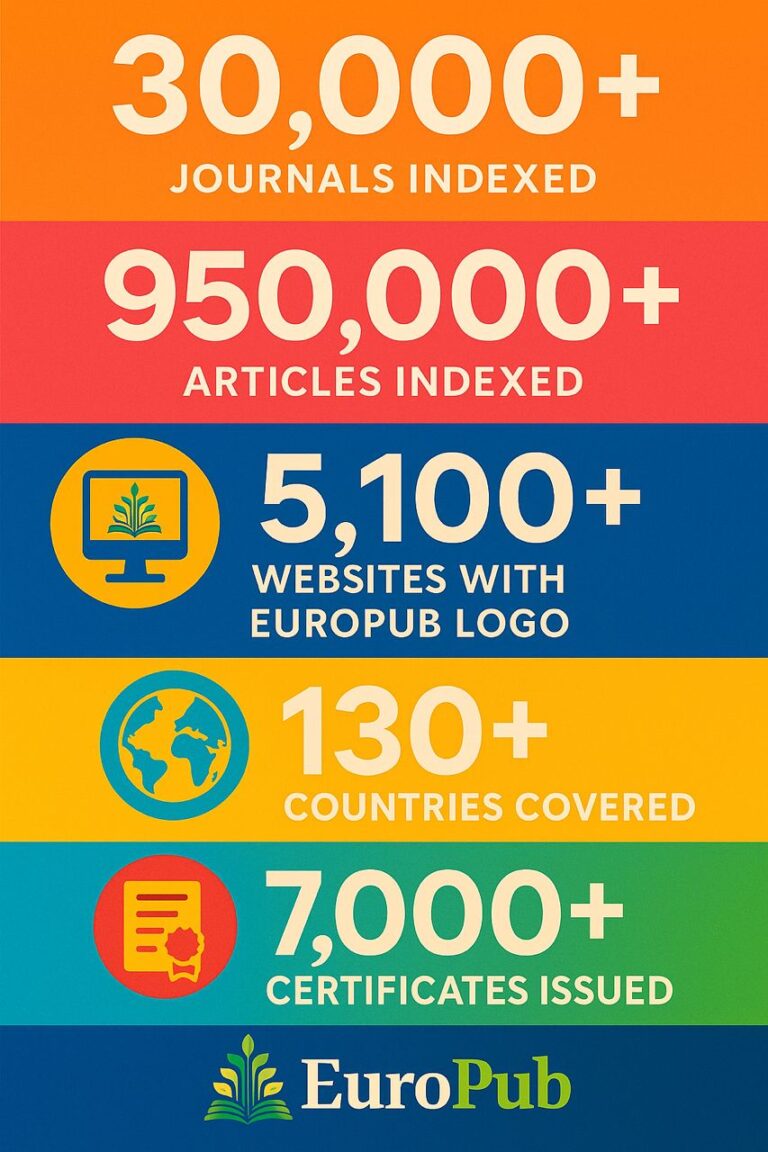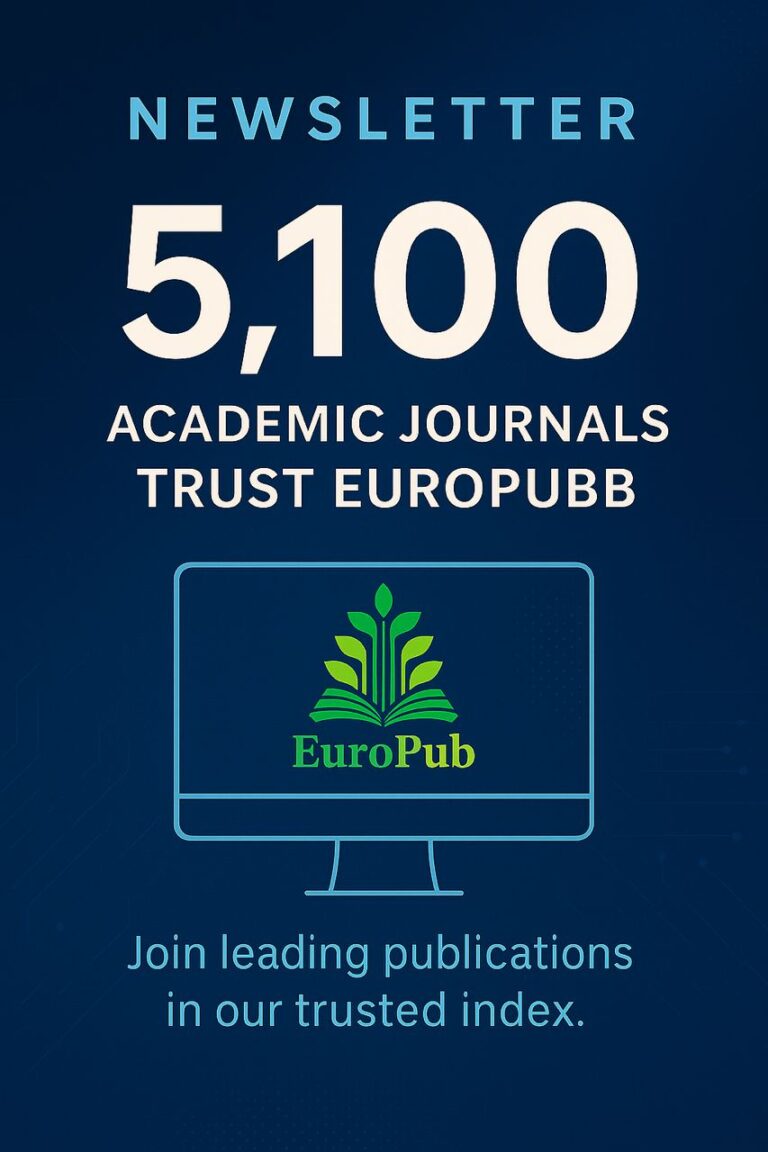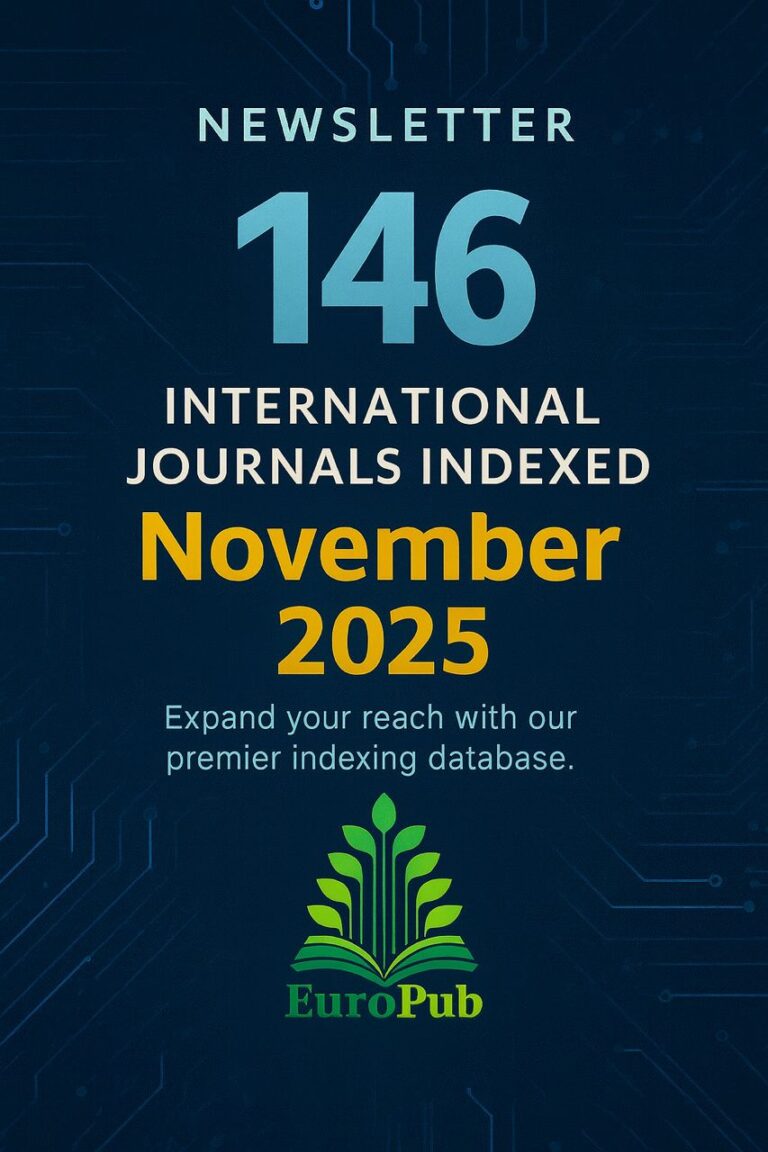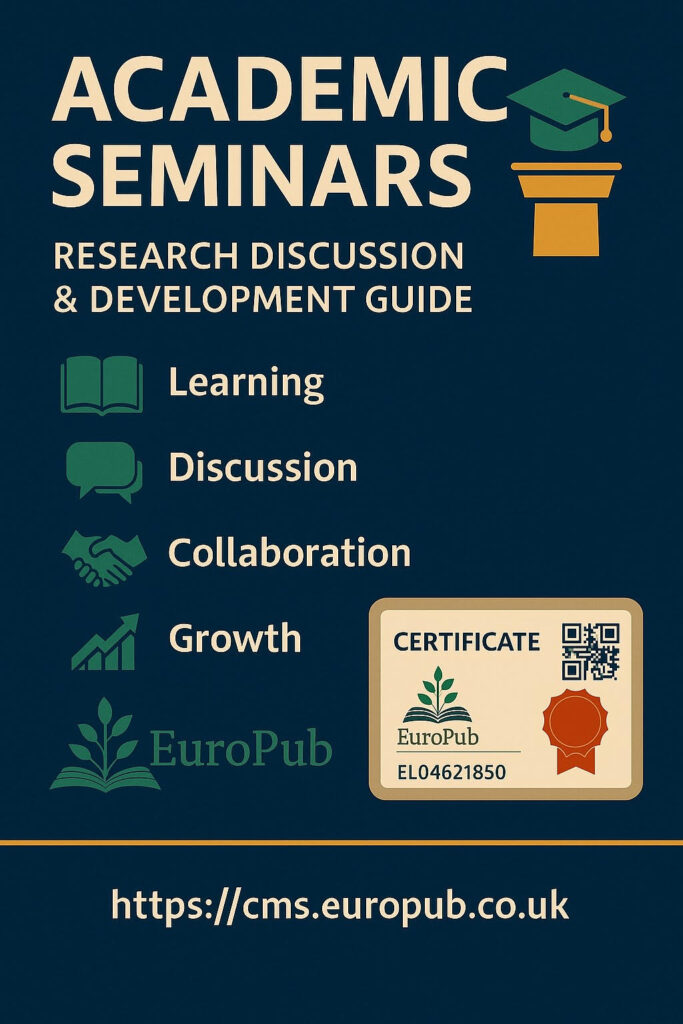
Academic seminars are structured meetings where researchers, faculty members, or students present and discuss their scholarly work.
They serve as an essential part of academic life — promoting learning, collaboration, and critical discussion on emerging topics.
 Purpose of an Academic Seminar
Purpose of an Academic Seminar
| Objective | Explanation |
|---|---|
 Knowledge Development Knowledge Development | Deepens understanding of specific subjects |
 Scholarly Discussion Scholarly Discussion | Encourages analytical and critical thinking |
 Networking Networking | Connects participants from various academic backgrounds |
 Skill Improvement Skill Improvement | Enhances presentation and communication skills |
 Research Visibility Research Visibility | Increases awareness of new studies and methods |
 Types of Academic Seminars
Types of Academic Seminars
| Type | Description |
|---|---|
| Research Seminar | Focused on presenting ongoing or completed research projects |
| Departmental Seminar | Regular sessions within a department for updates and talks |
| Student Seminar | Platforms for students to present research progress or thesis work |
| Invited Seminar | Delivered by guest experts or visiting professors |
| Online / Hybrid Seminar | Conducted through virtual platforms for wider participation |
 Structure of an Academic Seminar
Structure of an Academic Seminar
 Opening Session — Welcome by organizer or chairperson
Opening Session — Welcome by organizer or chairperson
 Presentation — Main talk by researcher or invited speaker
Presentation — Main talk by researcher or invited speaker
 Q&A Session — Audience questions and discussion
Q&A Session — Audience questions and discussion
 Panel or Discussion Round — Expert insights and responses
Panel or Discussion Round — Expert insights and responses
 Closing Remarks & Certificates — Acknowledgements and participant certification
Closing Remarks & Certificates — Acknowledgements and participant certification
 Benefits of Participating in Seminars
Benefits of Participating in Seminars
| Benefit | Explanation |
|---|---|
 Exposure Exposure | Present your work to peers and experts |
 Collaboration Collaboration | Discover potential research partnerships |
 Inspiration Inspiration | Gain new ideas for future studies |
 Professional Growth Professional Growth | Build confidence in public speaking |
 Recognition Recognition | Receive participation or presentation certificates |
 Best Practices for a Successful Seminar
Best Practices for a Successful Seminar
| Tip | Why It Works |
|---|---|
 Prepare slides clearly Prepare slides clearly | Enhances communication and comprehension |
 Respect time limits Respect time limits | Keeps the seminar structured and engaging |
 Use visuals and data Use visuals and data | Makes complex ideas easier to understand |
 Encourage discussion Encourage discussion | Creates interactive and collaborative learning |
 Provide references Provide references | Builds credibility and encourages further reading |
 Common Mistakes to Avoid
Common Mistakes to Avoid
 Overloading slides with text
Overloading slides with text Reading directly from notes
Reading directly from notes Ignoring audience engagement
Ignoring audience engagement Failing to manage technical setup
Failing to manage technical setup Not rehearsing the presentation in advance
Not rehearsing the presentation in advance
 Ethics & Professional Conduct
Ethics & Professional Conduct
- Attribute all data, figures, and ideas correctly.
- Avoid sharing unpublished work without consent.
- Respect confidentiality and copyright agreements.
- Follow COPE presentation ethics.
 Useful Resources
Useful Resources
| Resource | Link |
|---|---|
| Research Seminars Portal | https://researchseminars.org |
| Eventbrite Academic Events | https://www.eventbrite.com |
| Springer Academic Events | https://www.springer.com/gp/conference |
| Elsevier Events | https://www.elsevier.com/events |
| Europub Certificate System | https://cms.europub.co.uk |
| Europub Database | https://europub.co.uk |
| Europub Scientific News | https://news.europub.co.uk |
 FAQs — Academic Seminars
FAQs — Academic Seminars
 1. What is the main goal of an academic seminar?
1. What is the main goal of an academic seminar?
To exchange knowledge, present new findings, and encourage scholarly discussion.
 2. Who can participate in seminars?
2. Who can participate in seminars?
Students, researchers, faculty members, and professionals from academic or research institutions.
 3. Are seminars different from conferences?
3. Are seminars different from conferences?
Yes. Seminars are usually smaller, focused, and discussion-oriented, while conferences are larger and multi-session events.
 4. Do participants receive certificates?
4. Do participants receive certificates?
Yes, presenters and attendees typically receive Certificates of Participation or Presentation, verified via Europub.
 5. Can online seminars be counted as academic activities?
5. Can online seminars be counted as academic activities?
Yes, online or hybrid seminars are fully recognized for academic credit and research contribution.
 6. How can Europub support seminars?
6. How can Europub support seminars?
Europub provides verified certificates, seminar indexing, and DOI assignment for academic events.
 Europub Certification Reminder
Europub Certification Reminder
Strengthen your professional portfolio with Europub-certified documents:
- Seminar Participation Certificate
- Best Presenter Certificate
- Seminar Indexing Certificate
- DOI & Verification for Seminar Proceedings
 Apply now: https://cms.europub.co.uk
Apply now: https://cms.europub.co.uk
